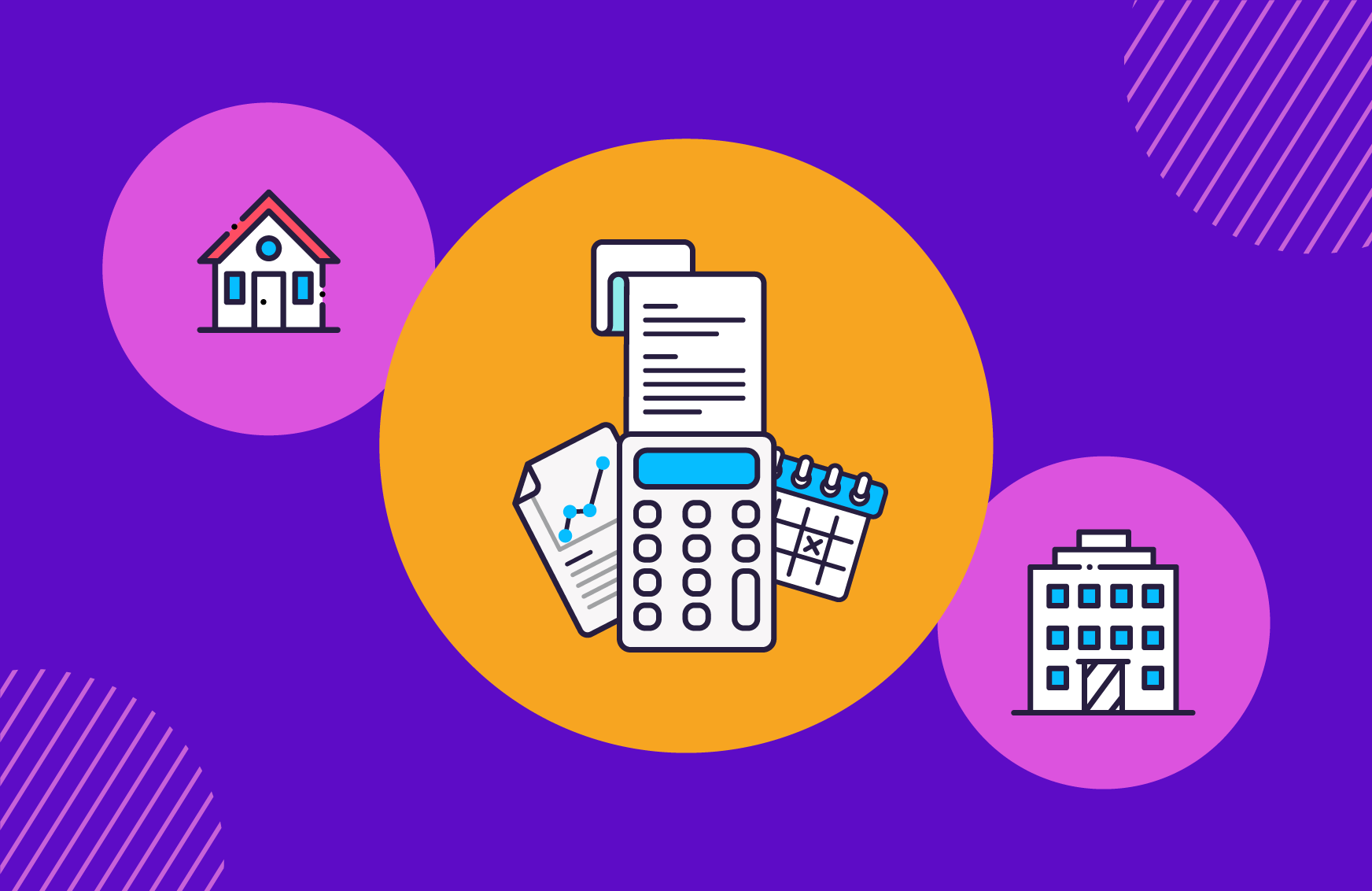Invoicing etiquette for small business owners
Invoicing and dealing with late payments is a daily reality for everyone in business. 25% of British businesses - big and small - are “owed over £40,000” in late payments. Chances are, no matter how long you’ve been in business, you’re owed something by someone!
Chasing an accounts department can make getting paid feel like a marathon. Here’s the etiquette guide you need to get paid faster, and deal with those awkward invoicing conversations.
Set the terms before you start
When you’re working with a new client, have a conversation about invoicing terms and payment due dates before you start the work. If you don’t put your expectations across early, your clients are more likely to delay invoices for as long as possible to protect their own cash flow.
Some businesses will have a set date for invoicing, or specify 30 days. It can be difficult to get around this, so working with their existing terms can sometimes be the easier option. Knowing your invoice will be paid in 30 days is better than waiting indefinitely for it!
To chase or not to chase
Some people fear reminding clients about invoices because they think they’ll come across as rude or damage the relationship.
Remember! If your quote has been agreed, the client has accepted the work, and the invoice has been sent, you’re perfectly entitled to get your cash.
Put it politely, remind them of the terms, and make it as easy as possible for them to pay there and then. That means paying straight from the invoice (you could get paid 3x faster!), or putting your bank details front and centre.
What to do if they really, really don’t want to pay
Every freelancer has dealt with it. Some clients do disappearing acts, refuse to pay, or persistently put it off despite lots of reminders.
The Late Payment of Commercial Debts Act 1998 means freelancers, business owners, and the self employed can charge a late fee if their invoice has been left unpaid for over 30 days, and they don’t charge any other form of interest. It’s a bit of a relationship killer, and they might still refuse, but quoting an official piece of legislation can help convince them to pay up.
Some freelancers set their own interest rates for late payments, or even offer a small discount for early payment. Make sure this is outlined on your invoice or in a written agreement, and your clients should know what to expect.
Good invoicing etiquette is all about setting out expectations early, keeping it professional, and staying on top of dates and deadlines. The clearer you are with your customers and clients, the more likely you are to keep payments simple and straightforward.
Solna helps you save time, manage risk, and get paid faster. It’s all you need to do your invoicing and stay on top of late payments.
- Create professional custom invoices in seconds.
- Send automatic reminders to late payers.
- Set up automatic payment directly from invoices.
- Check your customers’ credit scores before you start working with them.
Do more of what you love, and less of what you don’t, with Solna. Sign up for free.








